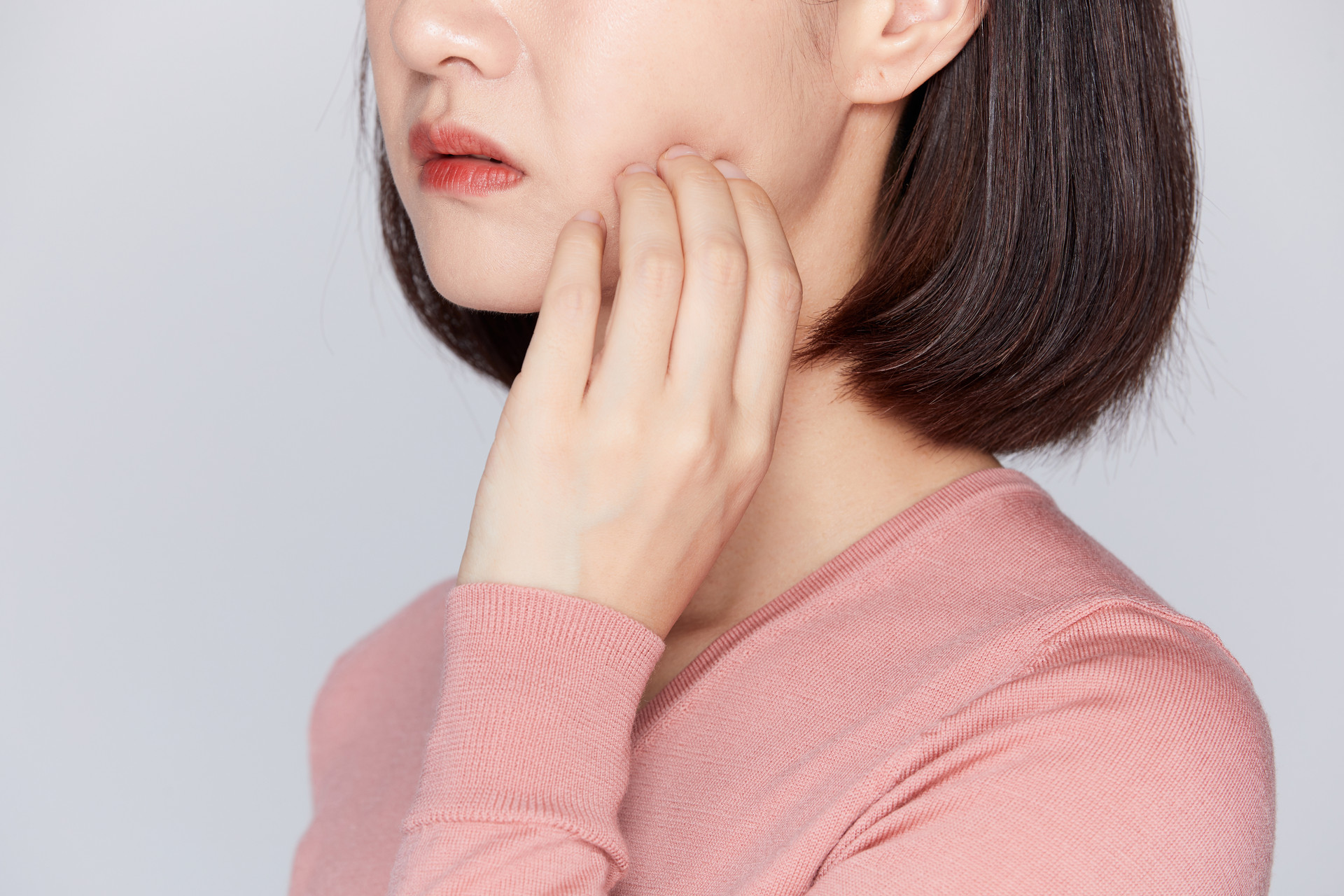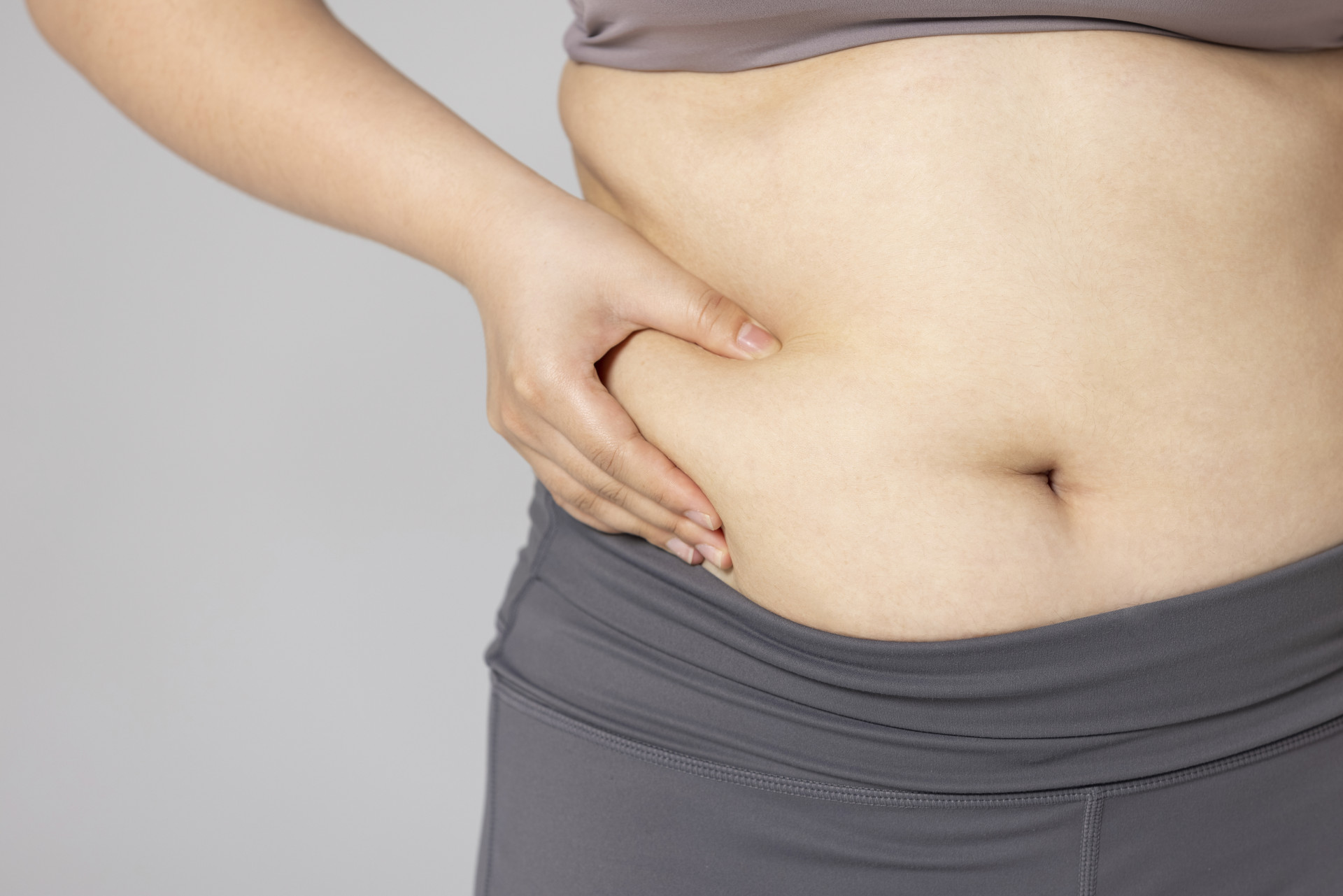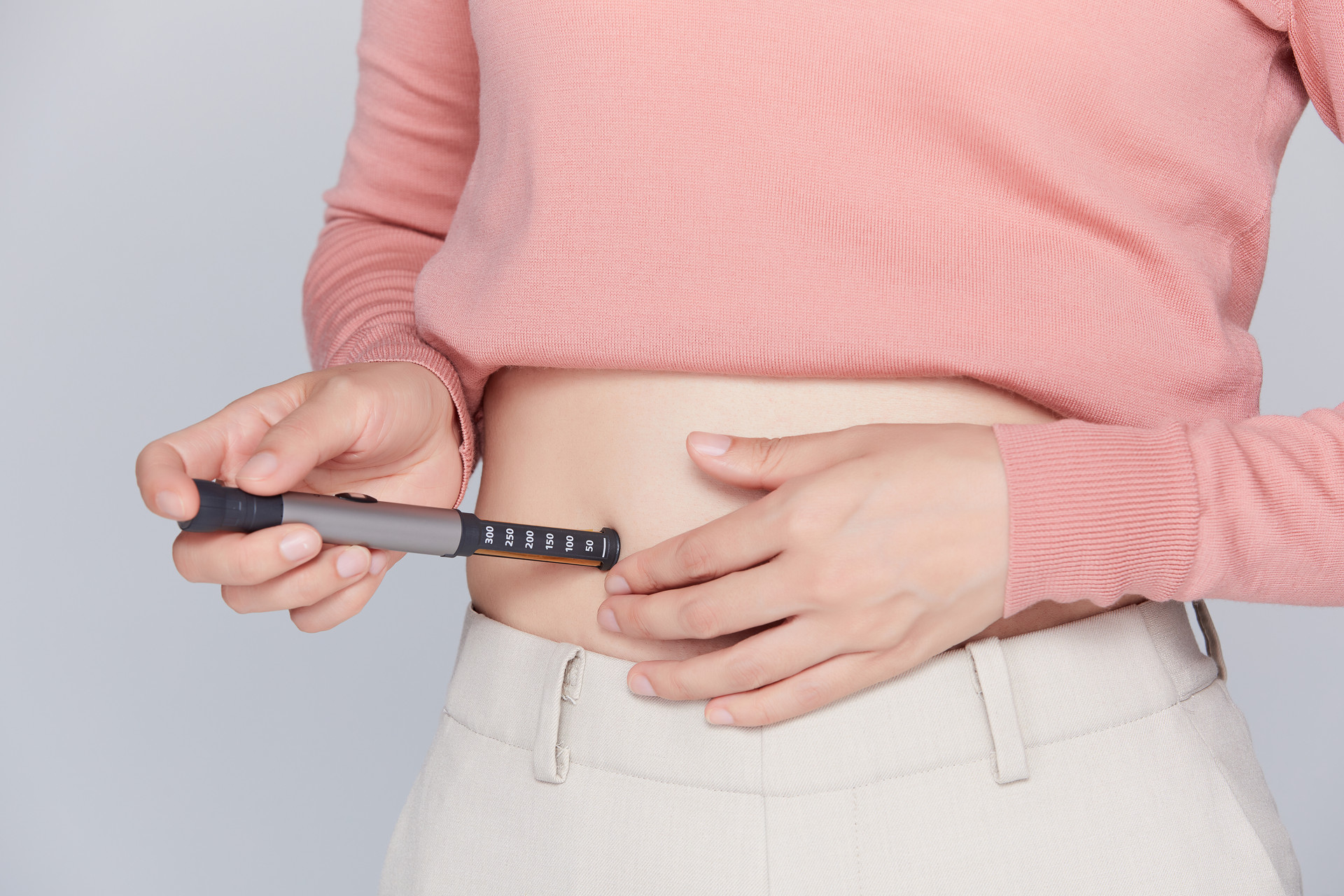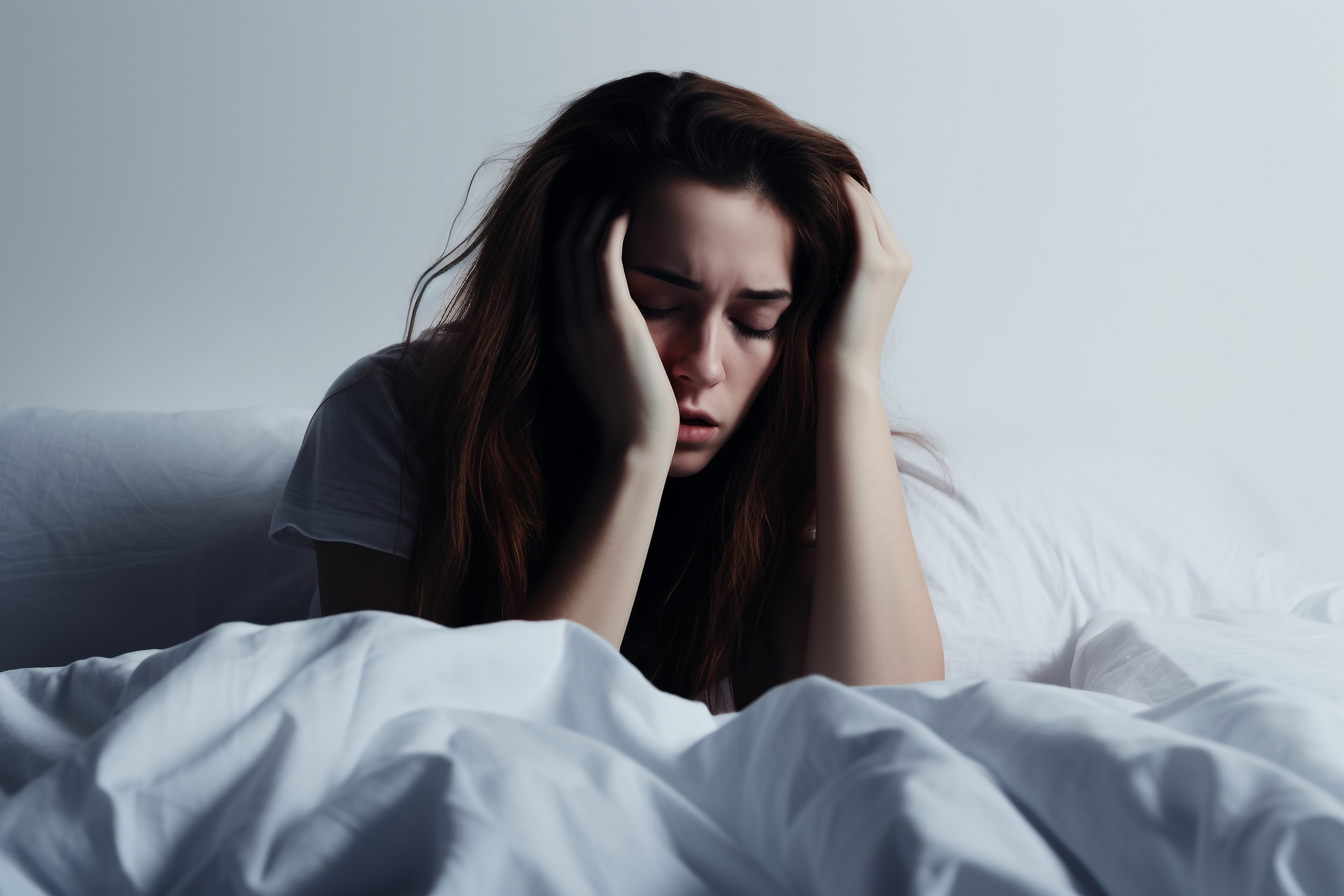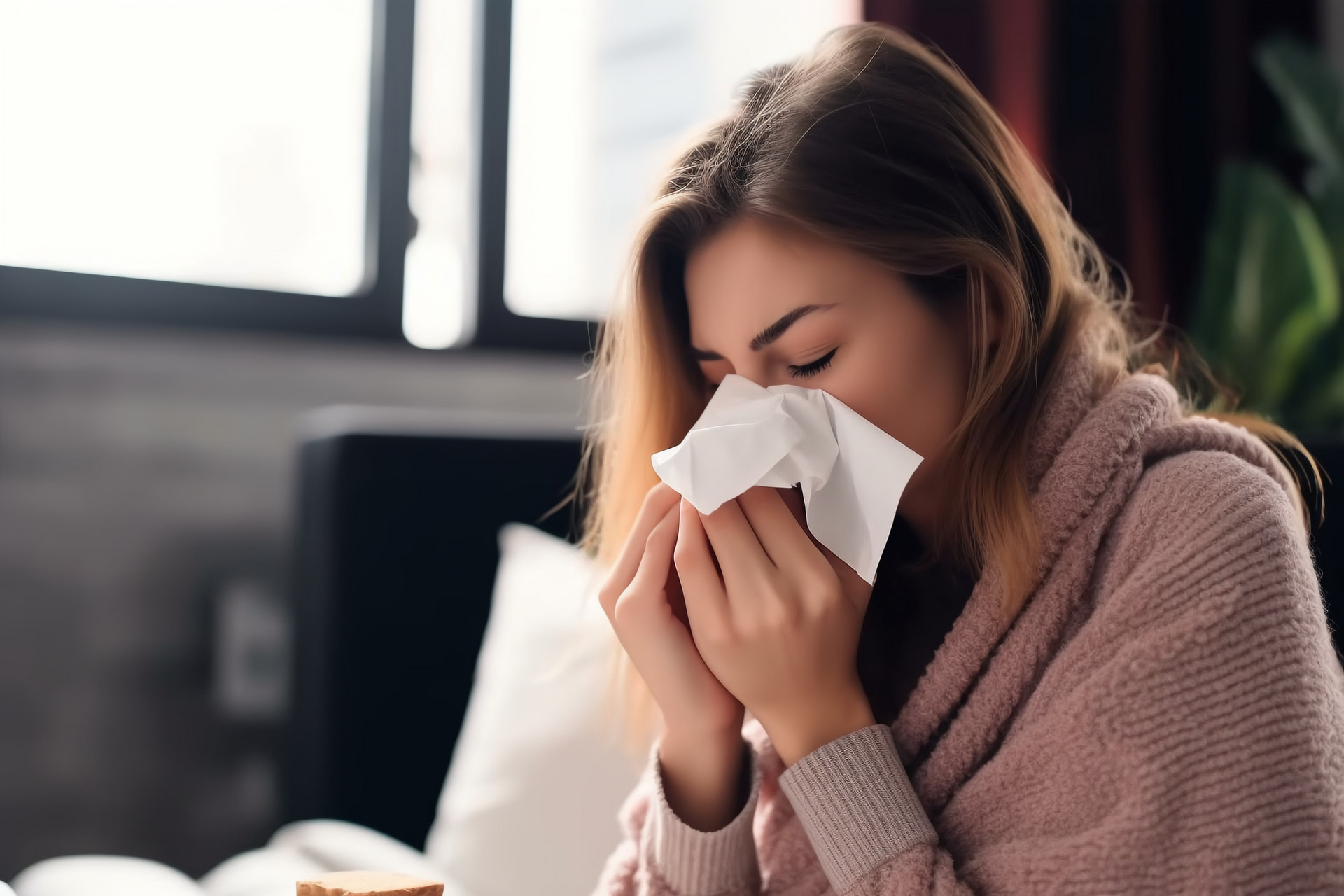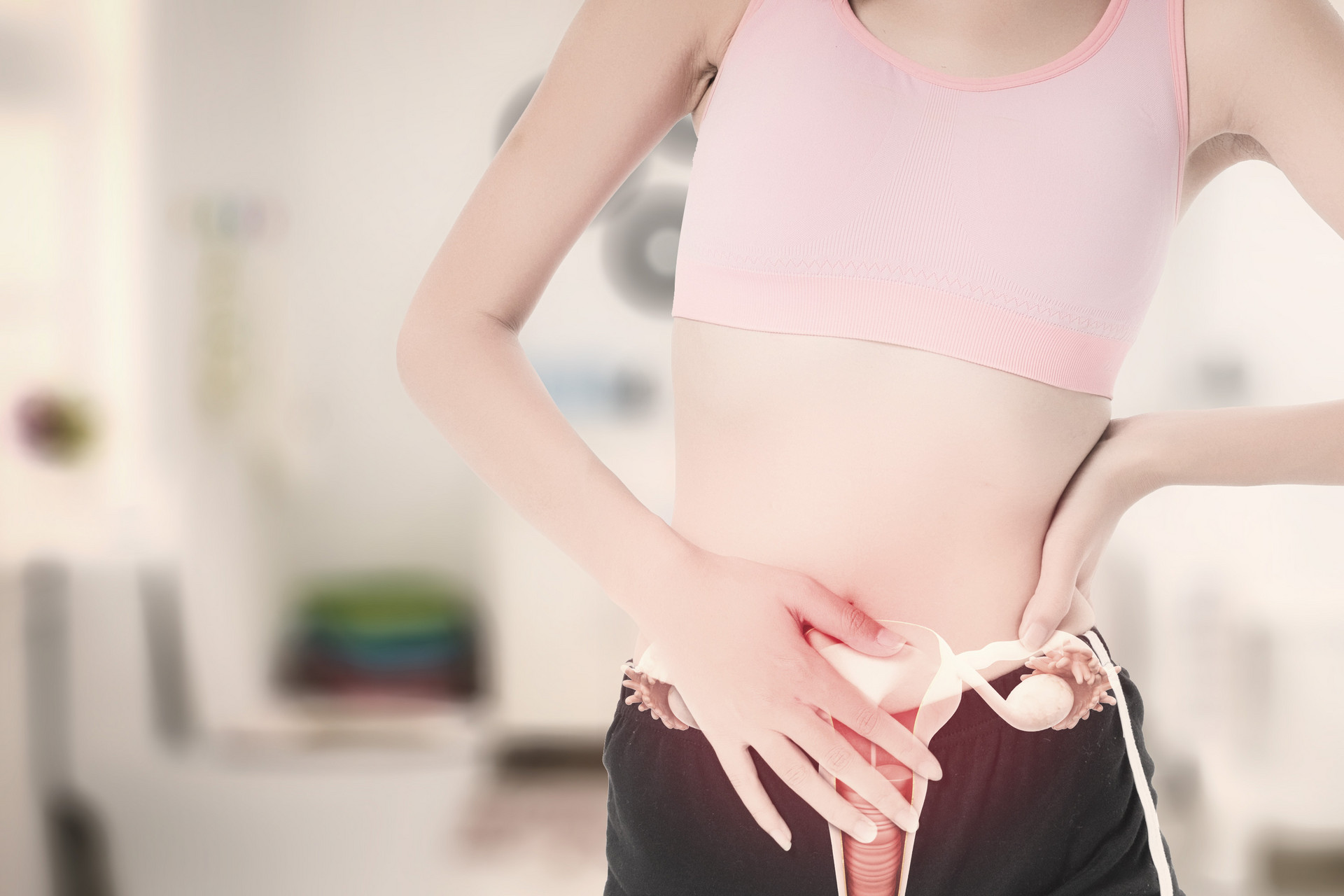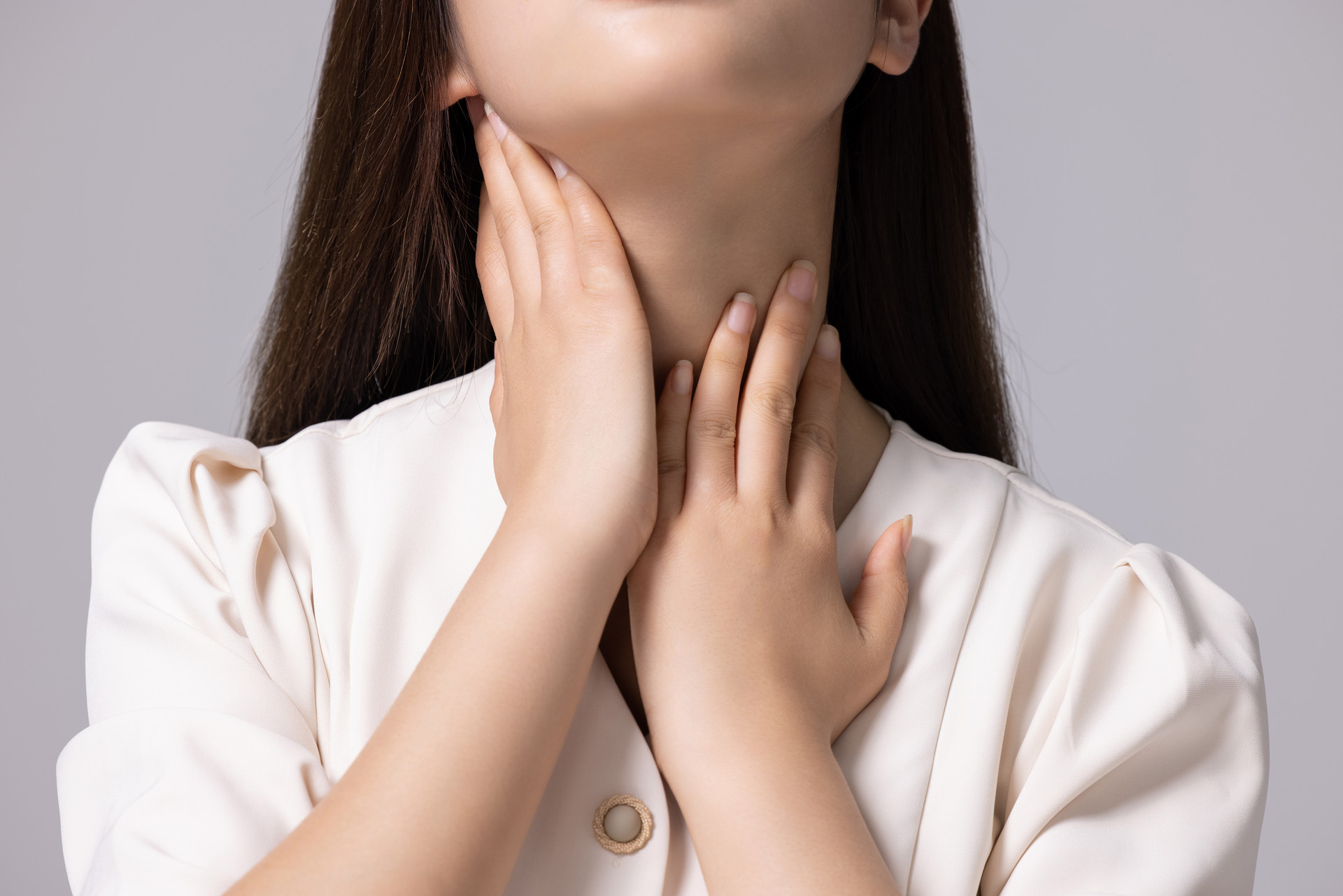Postpartum cleanliness is important. The cleanliness of the external genitalia is an important aspect of postpartum cleanliness and should be done twice a week, not every day. When choosing a cleanser, safety should be considered, and it is best to choose a plant-based formula with a pH suitable for the weak acid environment of the external genitalia, such as Fuyanjie, which contains ingredients like Sophora flavescens and Phellodendron chinense that can effectively prevent gynecological inflammation.
Indoor temperature control is necessary. After giving birth, the pores and sutures of the mother open up, making her susceptible to cold winds. Therefore, it is important to avoid direct exposure to air conditioning and drafts. In ancient China, it was not recommended for women to bathe after giving birth, but in reality, postpartum bathing varies from person to person. When taking a bath after giving birth, the water temperature should be controlled at around 37 degrees Celsius to avoid excessively hot water. The bath should be short, and soaking should be avoided. After bathing, it is important to dry off promptly. Extra care should be taken to keep warm, especially during winter.
Breastfeeding is beneficial. The care of female nipples and breasts is very important both before and after childbirth. Some women have inverted nipples, so it is important to help pull them out during pregnancy to ensure better breastfeeding after giving birth. In addition, breastfeeding after childbirth is not only beneficial for the baby's health but also helps the mother's uterus recover.
Proper postpartum nutrition is important. Women's bodies are generally weak after childbirth and require proper nutrition. Director Wei pointed out that some mothers of premature babies can take calcium supplements appropriately. This can not only make up for some inherent deficiencies in premature babies but also replenish the slight calcium loss in the body after childbirth. However, it is important to note that supplementation should be appropriate, scientific, and reasonable.
Caution for older mothers. The optimal childbearing age for women is between 20 and 35 years old. If a woman is over 35 years old, she is considered an older mother. Older mothers have a higher risk of developing diseases during pregnancy compared to mothers of optimal childbearing age and are more likely to experience pregnancy-induced hypertension and other conditions. Mothers who develop diseases during pregnancy must undergo examinations and receive active treatment after giving birth, otherwise, there is a risk of lifelong illness.


